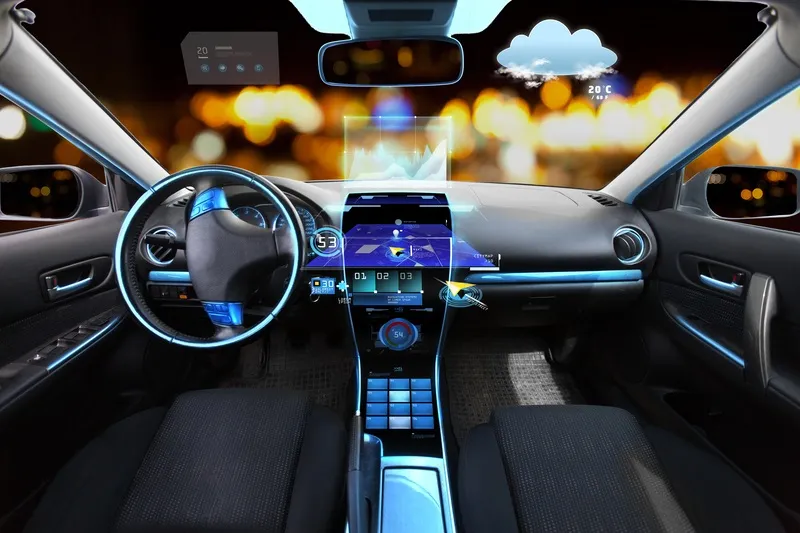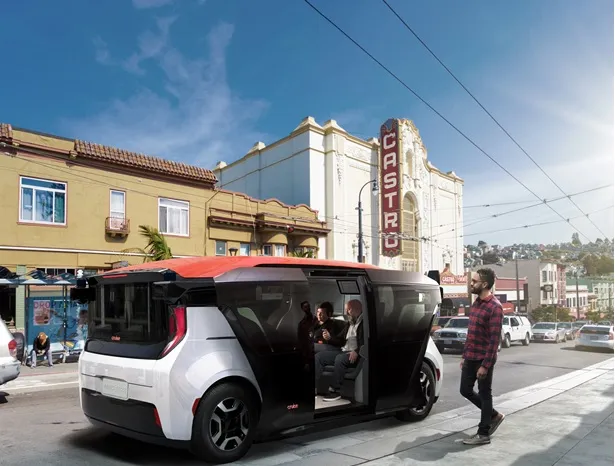
The California Public Utilities Commission (CPUC) has approved two autonomous vehicle (AV) programmes that companies can take part in to provide fare-based transportation services.
One will allow companies to test AVs with a driver on board while the other will enable participants to operate AV services with remote operators instead.
Companies must hold either a Charter-Party Carrier Class P permit or a Class A charter party certificate in the drivered programme issued by the CPUC.
They must also have a California Department of Motor Vehicles (DMV) AV Deployment Permit to take part in both programmes.
Companies are also required to submit data including quarterly reports to the CPUC, with aggregated and anonymised information about the pick-up and drop-off locations for individual trips, the availability and volume of wheelchair-accessible rides and the service levels to disadvantaged communities.
Permit holders must also establish a passenger safety plan that outlines policies and procedures to minimise risk for all passengers, including those with limited mobility, vision impairments and other disabilities.
Commissioner Genevieve Shiroma called it an "important milestone" for the CPUC’s regulation of transportation in California.
She said the authorisation "protects passenger safety, expands autonomous vehicle availability to all of Californians - including disadvantaged and low-income communities - and works to reduce greenhouse gases".
“This decision also takes important steps to support our study of how autonomous vehicle fleets can be leveraged to support the grid as a demand side management resource, dovetailing on our efforts to incorporate transportation into the electric sector,” Shiroma added.
Companies must set up a Covid-19 emergency plan following guidance on preventing the transmission of the virus.










